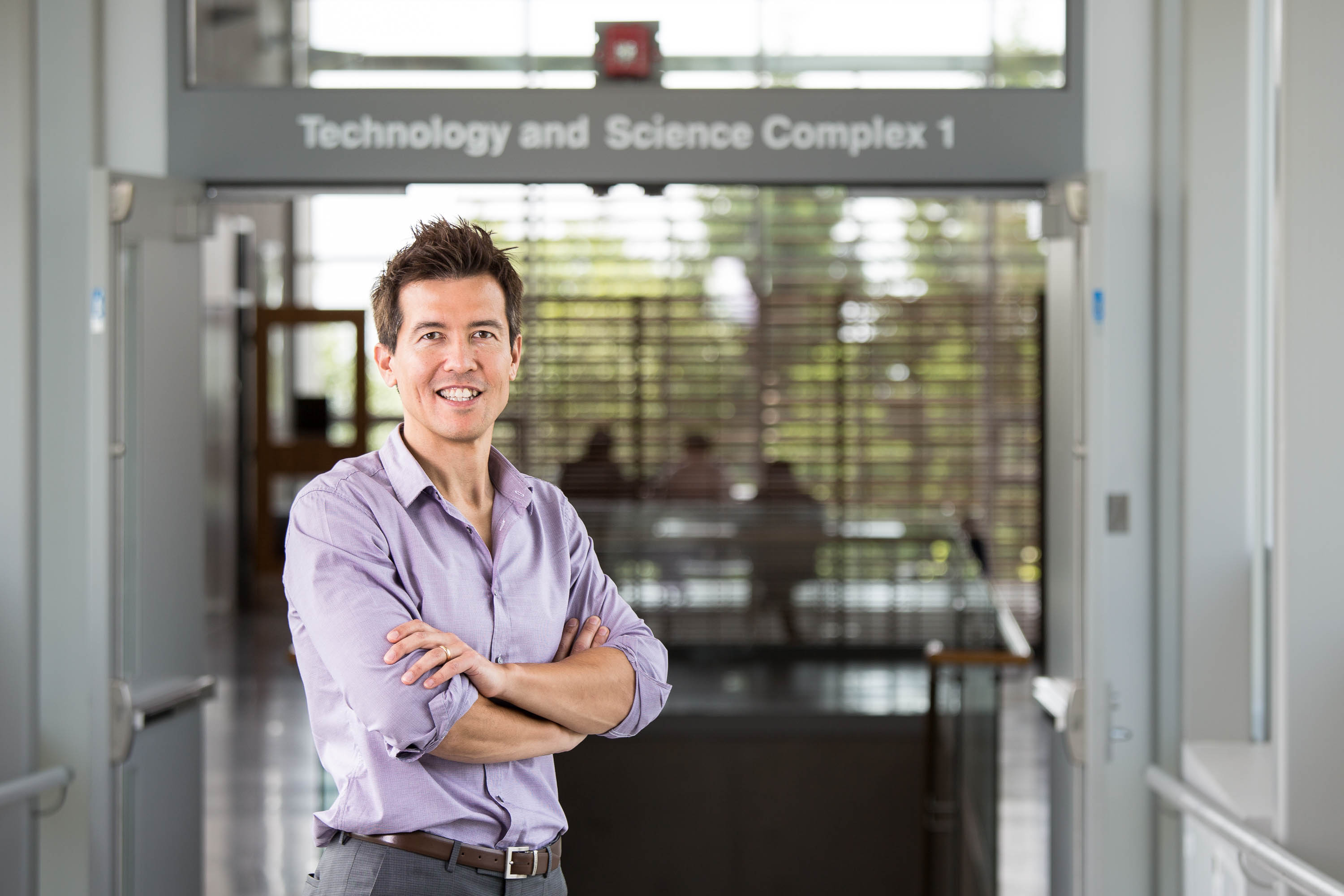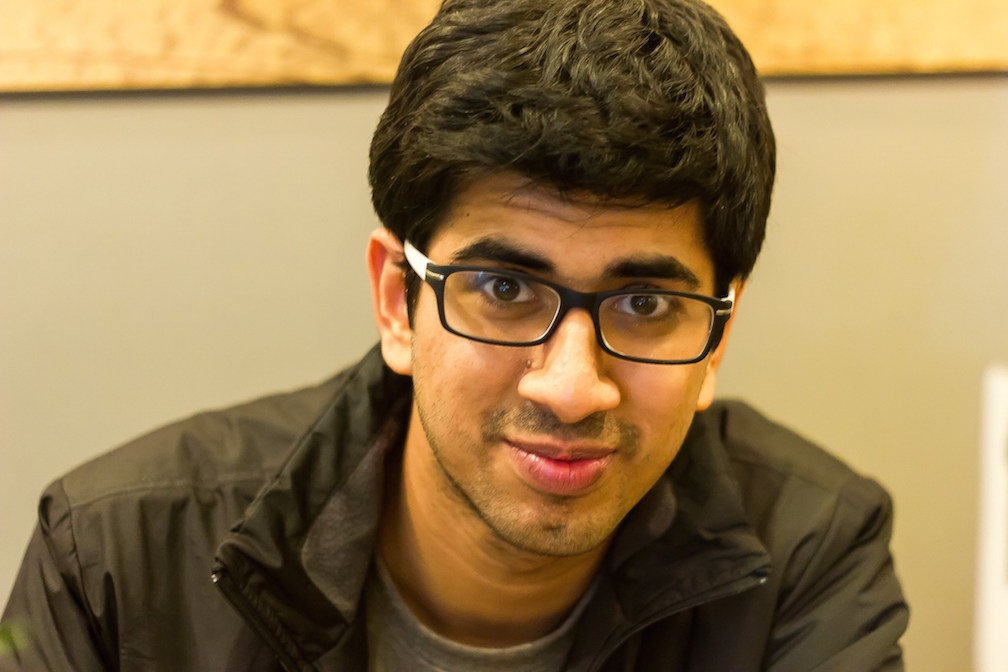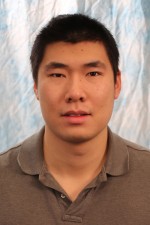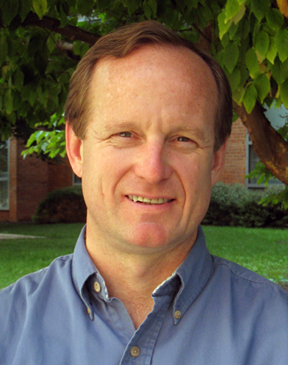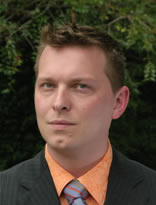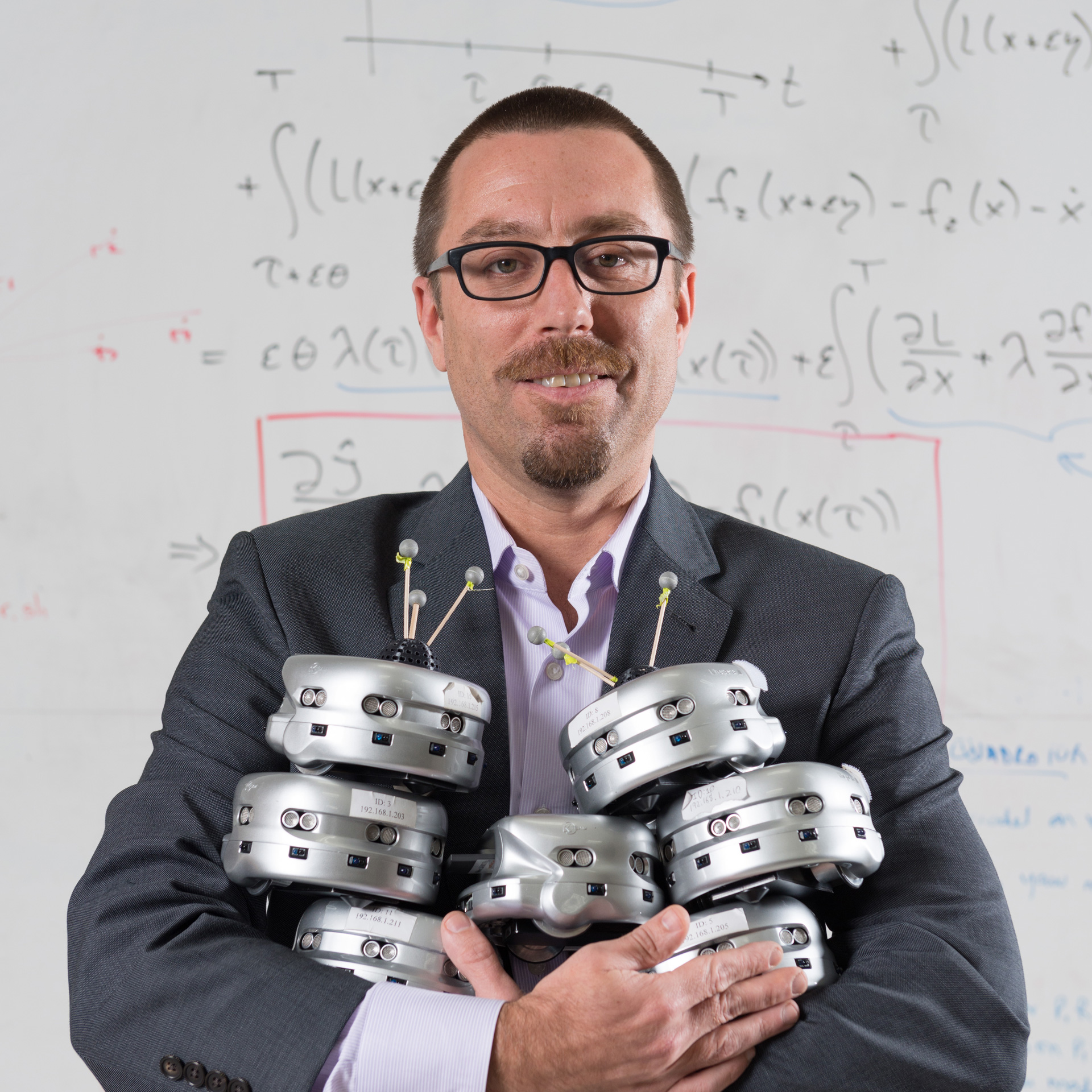Seminar
Deep Structured Models for Human Activity Recognition
Abstract: Visual recognition involves reasoning about structured relations at multiple levels of detail. For example, human behaviour analysis requires a comprehensive labeling covering individual low-level actions to pair-wise interactions through to high-level events. Scene understanding can benefit from considering labels and their inter-relations. In this talk I will present recent work by our group building [...]
Learning Single-view 3D Reconstruction of Objects and Scenes
Abstract: In this talk, I will discuss the task of inferring 3D structure underlying an image, in particular focusing on two questions - a) how we can plausibly obtain supervisory signal for this task, and b) what forms of representation should we pursue. I will first show that we can leverage image-based supervision to learn [...]
From Robust Real-time SLAM to Safe Collision Avoidance
Abstract State estimation plays a critical role in a robotic system. The problem is to know where the robot is and how it is oriented. This is very often a building block in the navigation system, which modules in charge of higher level tasks are relied on. Challenges are to carry out state estimation in [...]
Level Set Models for Computer Graphics
ABSTRACT A level set model is a deformable implicit model that has a regularly-sampled representation. It is defined as an iso-contour, i.e. a level set, of some implicit function f. The contour is deformed by solving a partial differential equation on a sampling of f, an image in 2D and a volume dataset in 3D. [...]
Neuromorphic Event-based time oriented vision and Computation
Abstract: There has been significant research over the past two decades in developing new systems for spiking neural computation. The impact of neuromorphic concepts on recent developments in optical sensing, display and artificial vision is presented. State-of-the-art image sensors suffer from severe limitations imposed by their very principle of operation. These sensors acquire the visual [...]
“Does it look right? – Why capture and reconstruction quality really matter.”
Special RI Seminar Please Note Different Day and Time Abstract: At first sight, 3D reconstruction can be considered a solved problem. The principles are well understood and we can reconstruct a wide range of objects and scenes using active as well as passive reconstruction approached. However, most of these reconstructions are not convincing when really [...]
Factor Graphs and Automatic Differentiation for Flexible Inference in Robotics and Vision
PLEASE NOTE: THIS SEMINAR WILL NOT BE RECORDED Abstract: Simultaneous Localization and Mapping (SLAM) and Structure from Motion (SFM) are important and closely related problems in robotics and vision. I will review how SLAM, SFM and other problems in robotics and vision can be posed in terms of factor graphs, which provide a graphical language [...]
Towards Goal-Driven Visually Grounded Dialog Agents
Abstract: Communication between human users and artificial intelligences is essential for human-AI cooperative tasks. For these collaborations to extend into real environments, artificial agents must be able to perceive their environment (visually, aurally, tactilely, etc.) and to communicate with humans about it in order to accomplish mutual goals. For example, a user might talk with [...]
Robots and the Smart Home
Abstract Home robots, such as the iRobot Roomba vacuuming robot, have been welcomed into millions of homes around the world and are hard at work every day helping people to get more done. iRobot is the market leader in home robotics and is at the forefront in developing technologies for practical robots, including visual SLAM, [...]
Long Duration Autonomy With Applications to Persistent Environmental Monitoring
Abstract: By now, we have a fairly good understanding of how to design coordinated control strategies for making teams of mobile robots achieve geometric objectives in a distributed manner, such as assembling shapes or covering areas. But, the mapping from high-level tasks to geometric objectives is not well understood. In this talk, we investigate this [...]
